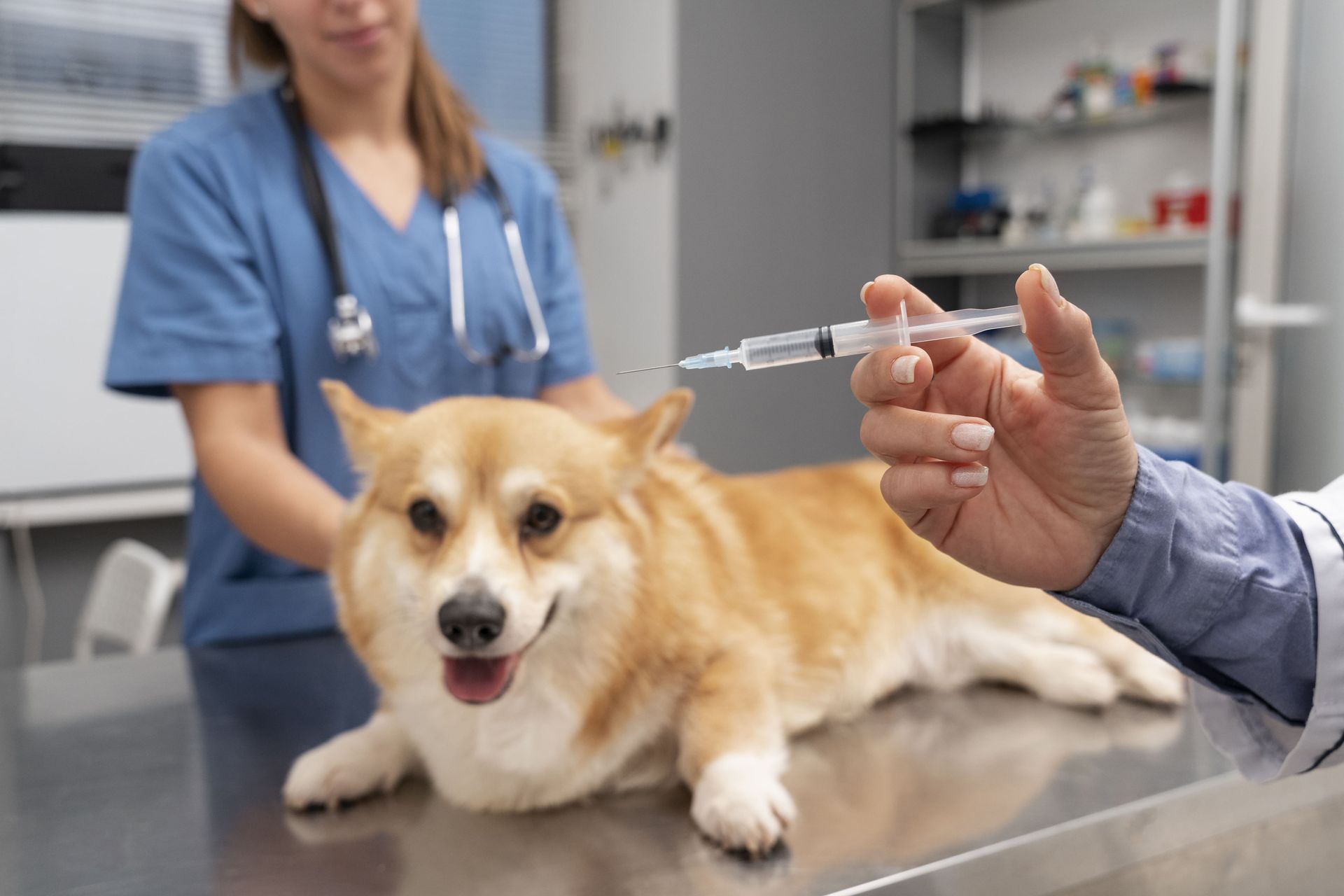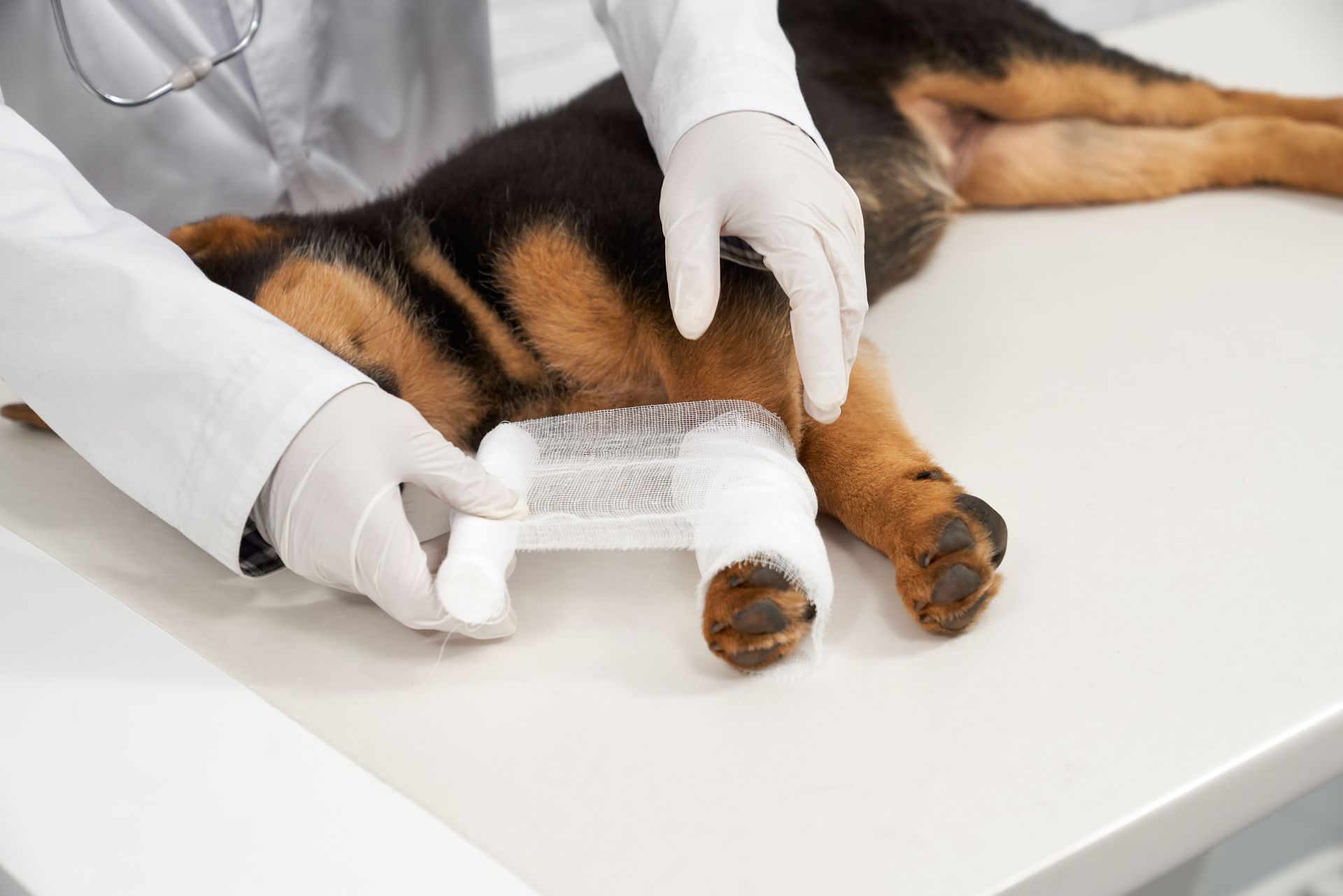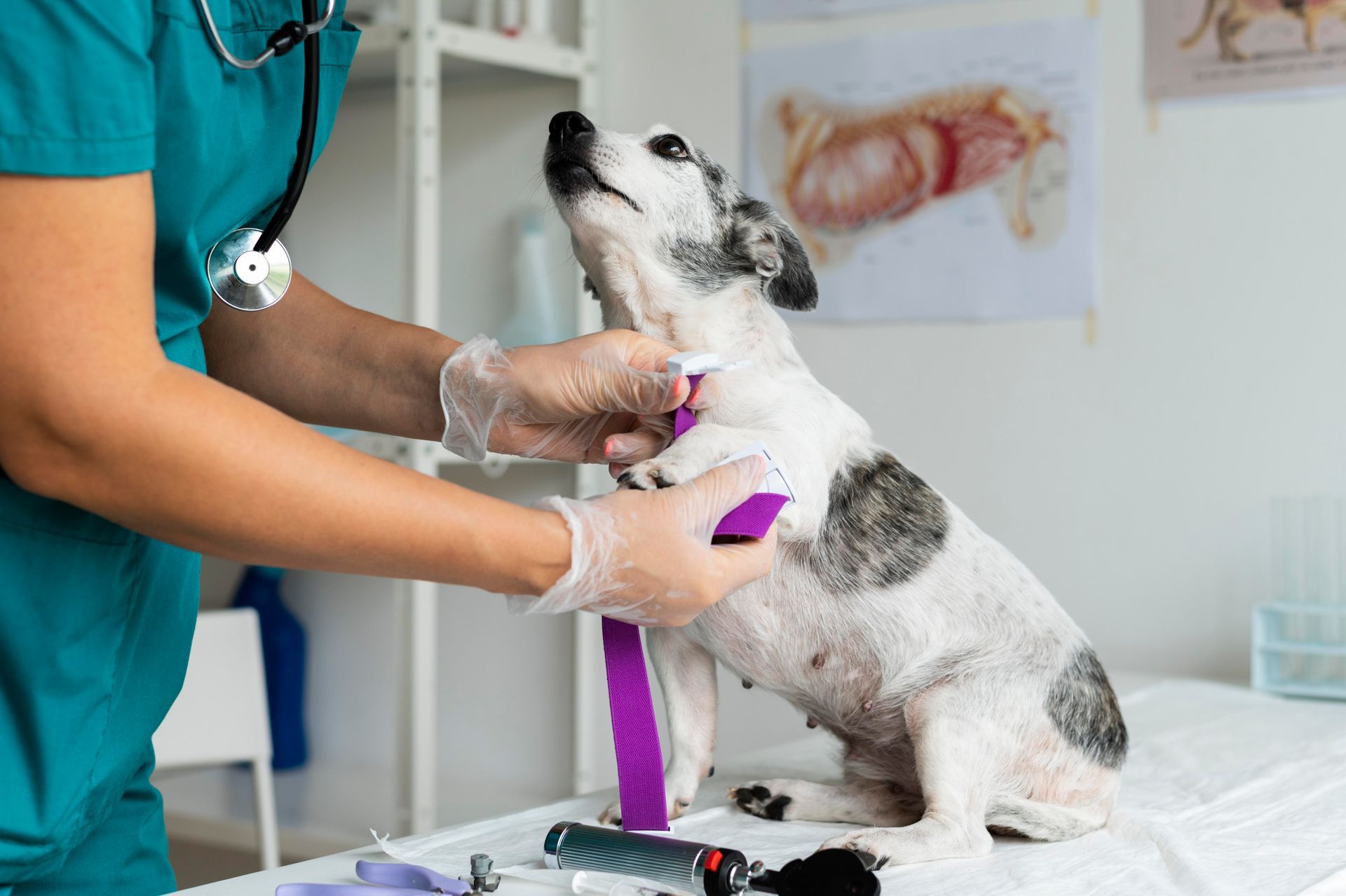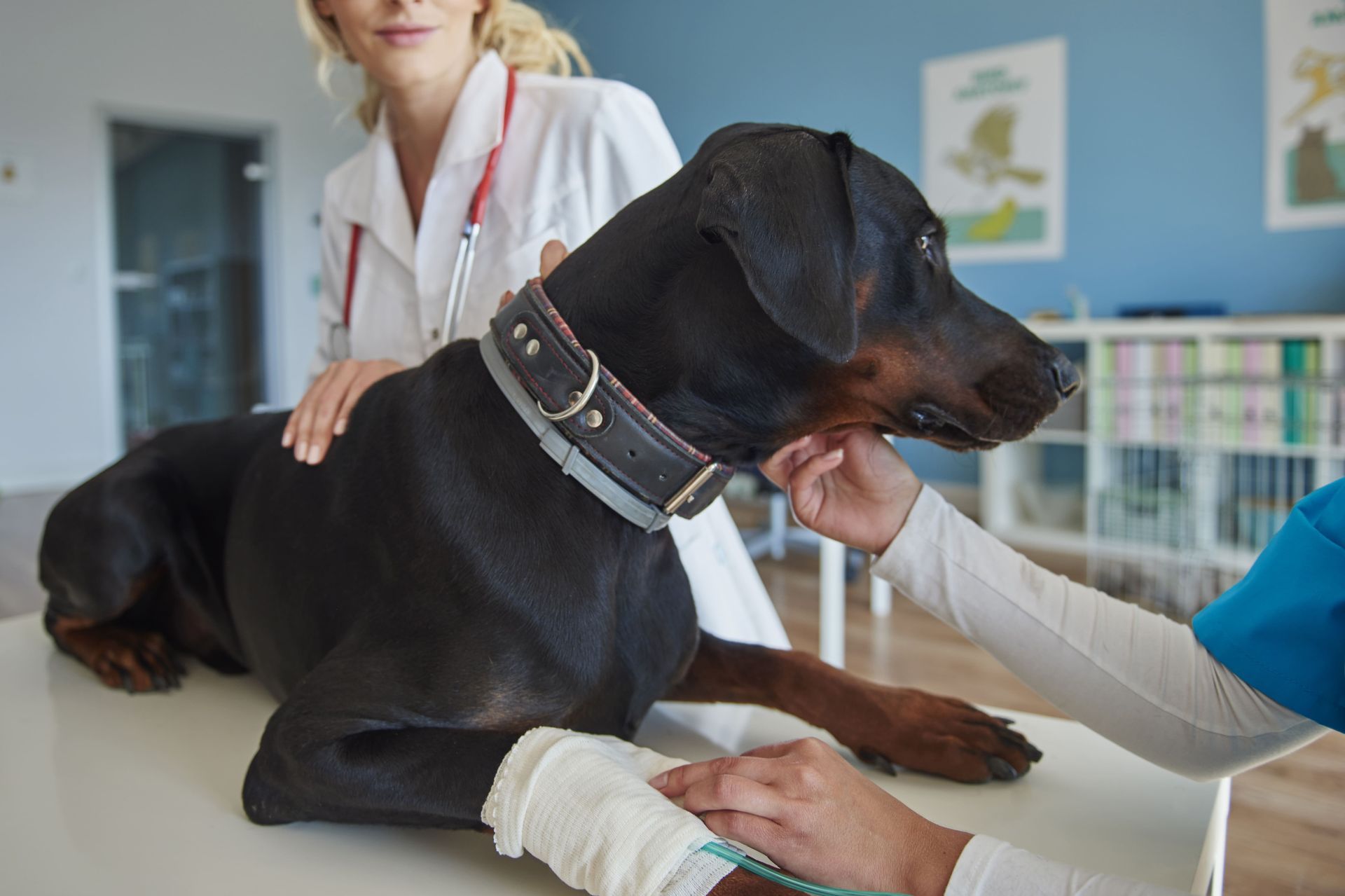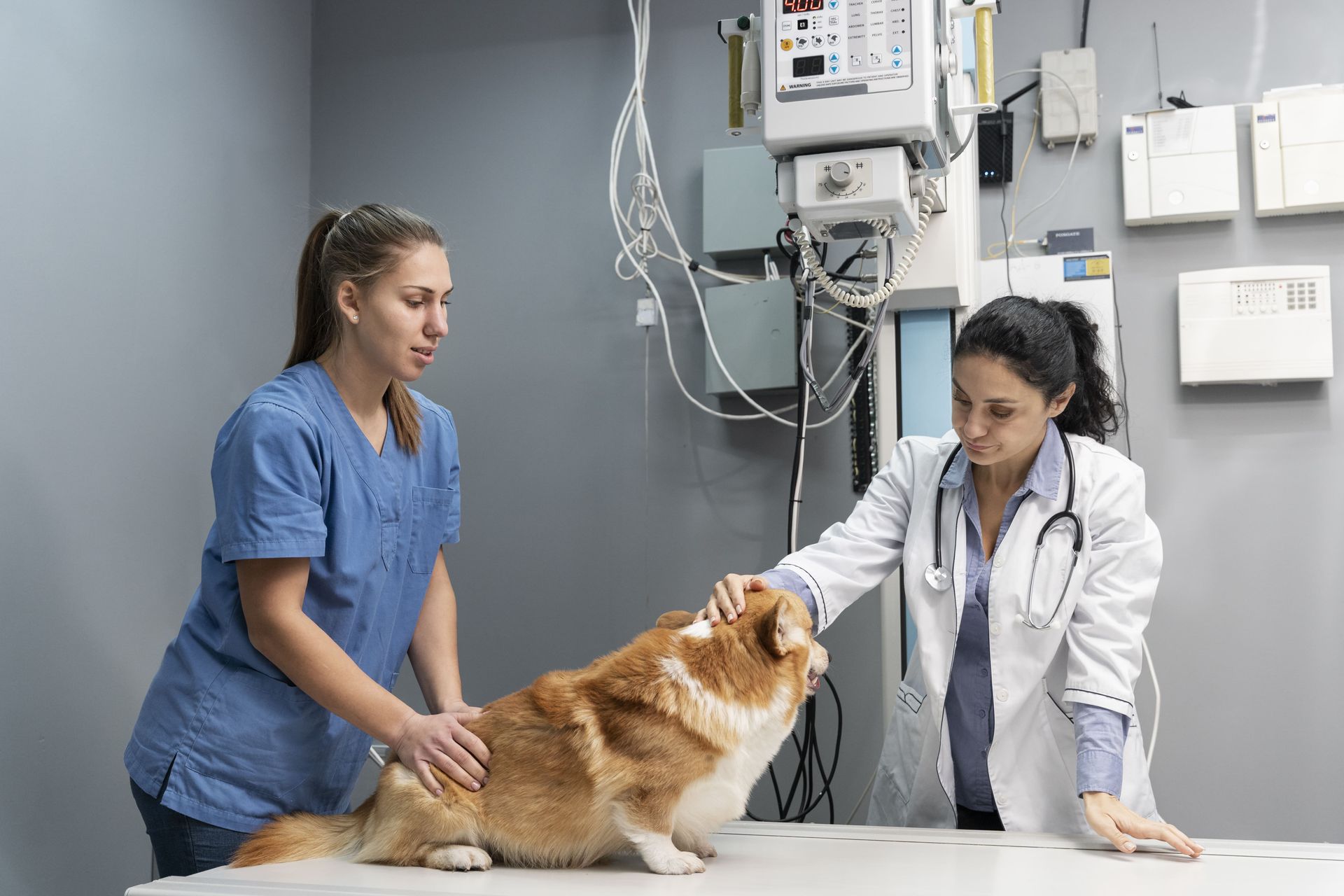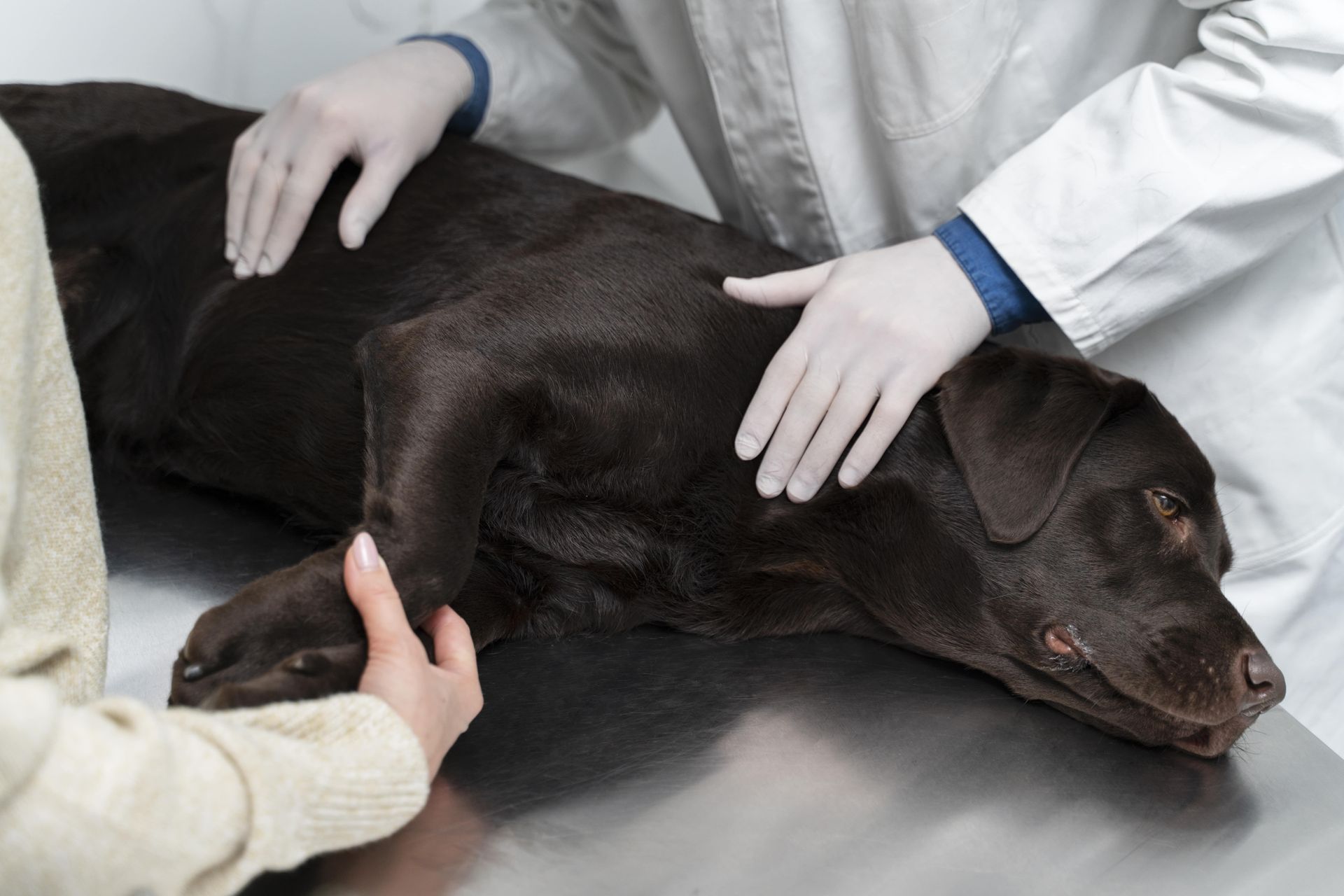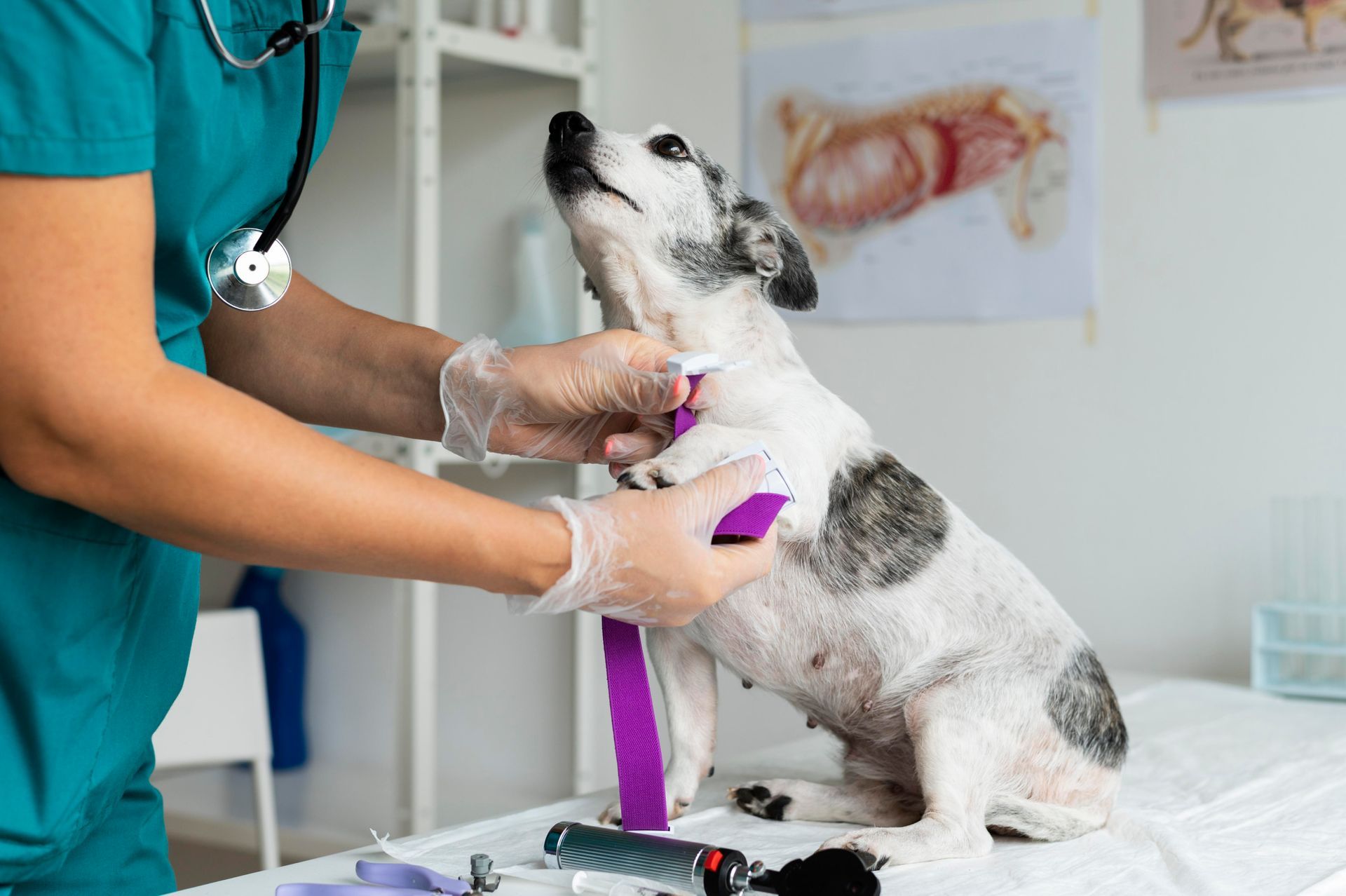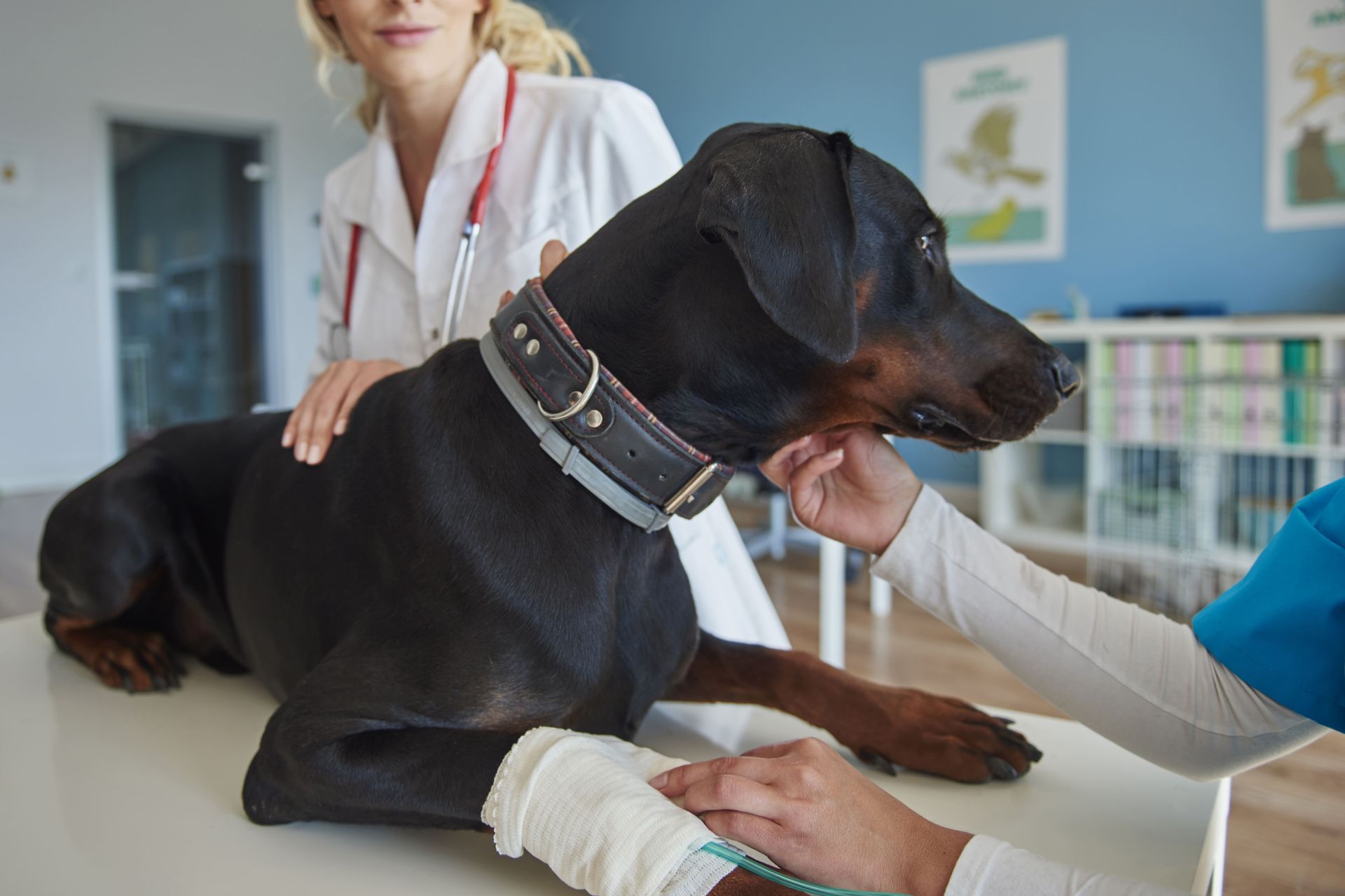Understanding Cat Exams: When, Why, and How Often to Schedule Vet Visits
As a devoted cat owner, you're not just offering a home to your feline friend—you're ensuring their long-term health and happiness. One of the most important aspects of responsible cat ownership is scheduling regular Cat Exams. These vet check-ups are essential not only for preventive care
but also for detecting illnesses early, managing age-related concerns, and maintaining your cat's quality of life. But how often do you really need to take your cat to the vet? The answer varies depending on age, lifestyle, and individual health history. Let’s explore everything you need to know about Cat Exam schedules, from playful kittens to wise senior cats.
Guidelines for Kitten Exams (Birth to 6 Months)
Kittens go through rapid growth and development in their early months, which means they need more frequent veterinary attention.
How Often?
Your kitten should visit the vet every 3–4 weeks starting at 6–8 weeks of age until they're about 16 weeks old.
Why It Matters:
- Vaccinations: Your kitten will receive a series of essential vaccines like FVRCP (feline viral rhinotracheitis, calicivirus, and panleukopenia) and rabies.
- Parasite Prevention: Your vet will check for fleas, ticks, and intestinal worms, and may recommend a deworming schedule.
- Nutritional Guidance: Discuss the right kitten food, feeding schedules, and portion sizes to support healthy growth.
- Behavioral Tips: This is a great time to ask about litter training, scratching behavior, or socialization.
- Socialization with the Vet: Regular early visits help your kitten get accustomed to vet handling, making future Cat Exams less stressful.
Tip: Bring your kitten’s favorite toy or blanket to help them feel secure during their vet visits.
Cat Exam Frequency for Adult Cats (1–7 Years)
Once your cat reaches adulthood, their growth stabilizes, but that doesn’t mean you can skip the vet visits.
How Often?
Adult cats should have a Cat Exam at least once a year.
What Happens During an Annual Exam?
- Full Physical Check: The vet will assess your cat’s weight, coat condition, eyes, ears, heart, lungs, and abdomen.
- Vaccination Boosters: Annual vaccines are updated based on lifestyle and risk factors.
- Dental Check-Up: Dental disease is common in adult cats and often goes unnoticed. Regular exams help prevent gum disease and tooth loss.
- Diet & Weight Management: Cats are masters at hiding weight gain or loss. Your vet will help fine-tune your cat’s diet and activity levels.
- Preventive Screenings: Depending on breed or health history, your vet may suggest early screening for conditions like kidney disease or diabetes.
Proactive care during adult life can significantly increase your cat’s lifespan.
Senior Cat Exam Recommendations (7+ Years)
Cats are considered seniors by the age of 7, though many remain playful and active. However, aging brings its own health challenges.
How Often?
Senior cats should undergo a Cat Exam every 6 months to stay ahead of age-related conditions.
Key Assessments for Seniors:
- Bloodwork & Urinalysis: Helps detect early signs of kidney disease, hyperthyroidism, liver problems, or diabetes.
- X-Rays or Ultrasounds: May be recommended to evaluate internal organs or detect tumors.
- Mobility Checks: Arthritis and joint discomfort are common; your vet may suggest joint supplements or pain relief options.
- Vision & Hearing Evaluations: Aging cats can experience changes in sight and hearing.
- Behavioral Changes: Cognitive decline or signs of disorientation can indicate feline cognitive dysfunction (similar to dementia).
Senior cats still love comfort—soft bedding, heated pads, and easy-to-access litter boxes go a long way!
Factors That Influence Cat Exam Frequency
Not all cats are the same. Beyond age, several factors can affect how often your cat needs to see the vet.
Key Factors to Consider:
- Chronic Conditions: Cats with ongoing issues like diabetes, asthma, heart conditions, or food allergies may need exams every 3–6 months.
- Lifestyle Differences:
- Indoor Cats: Lower risk of injury or infectious disease, but still prone to obesity, dental problems, or boredom-related stress.
- Outdoor Cats: Higher risk of parasites, injuries, infections, and exposure to toxins. More frequent Cat Exams are recommended.
- Breed-Specific Risks: Certain breeds are more susceptible to genetic conditions (e.g., Persians and kidney issues, Maine Coons and heart disease).
- Stress or Behavioral Issues: Cats prone to anxiety, aggression, or inappropriate urination may need behavioral assessments alongside physical ones.
Always consult your vet
to personalize your cat’s health care plan based on these factors.
The Importance of Regular Cat Exams
Every Cat Exam is a proactive step toward ensuring your pet lives a longer, healthier, and happier life. Regular exams aren’t just about treating illness—they’re about preventing it.
Think of it this way: your cat can’t tell you when something’s wrong, but their vet can often detect silent symptoms through simple checks and routine testing. By committing to routine Cat Exams, you’re giving your feline friend the best chance at a high-quality life. Preventive care is the greatest gift you can give your cat.
FAQs
Q-1. Do indoor cats really need regular Cat Exams?
Ans: Yes! Even indoor cats can develop health issues like obesity, dental disease, or urinary problems. A Cat Exam ensures these problems are detected early.
Q-2. Can I skip a Cat Exam if my cat seems healthy?
Ans: No, cats are experts at hiding pain and discomfort. Skipping routine Cat Exams can delay the diagnosis of serious health conditions.
Q-3. What should I bring to a Cat Exam?
Ans: Bring your cat’s medical records, a list of any changes in behavior, diet, or litter box habits, and a secure carrier with a soft lining.
Q-4. Are Cat Exams different for male and female cats?
Ans: Not significantly, but spayed or neutered cats may face different risks. Your vet will consider gender, reproductive status, and age when evaluating your cat.

